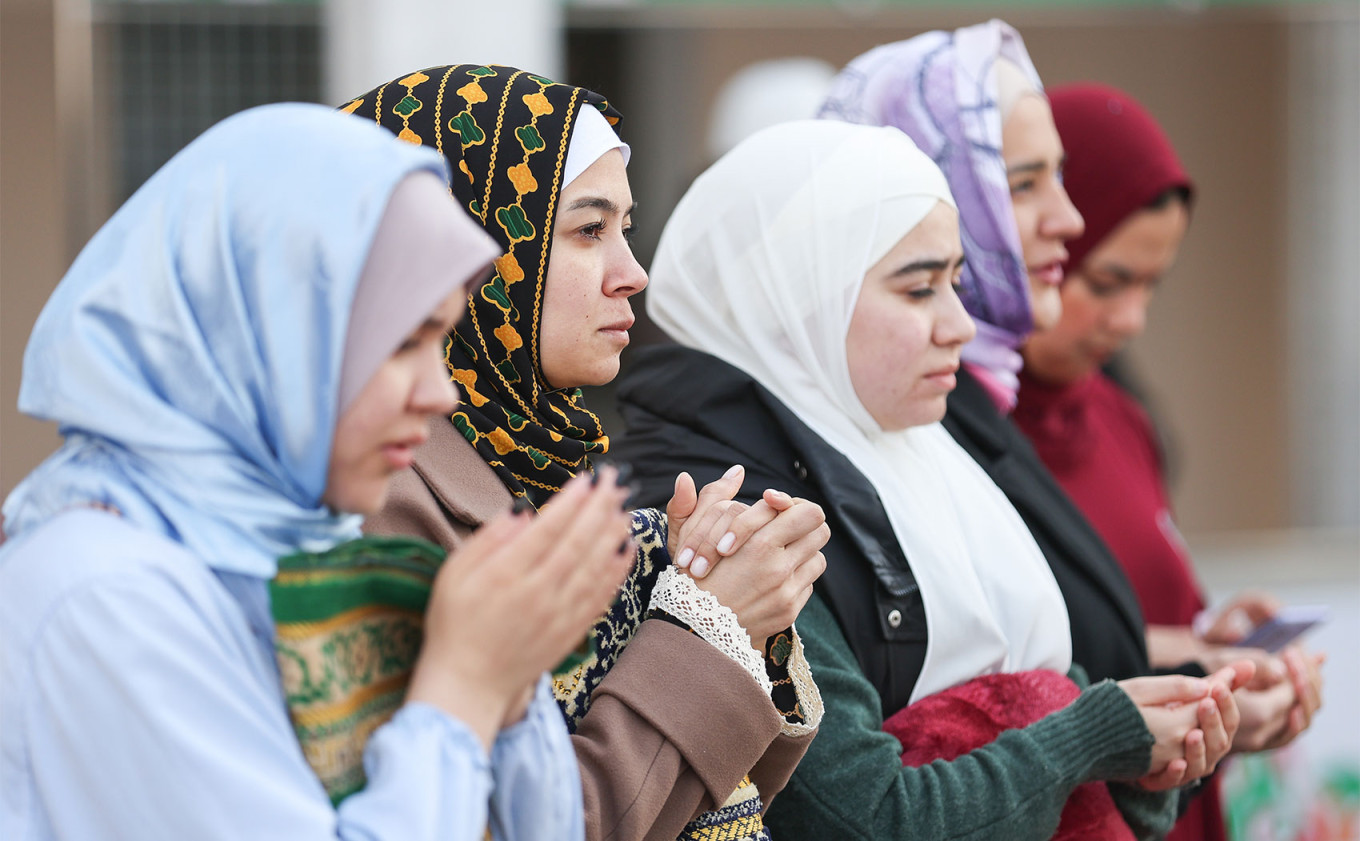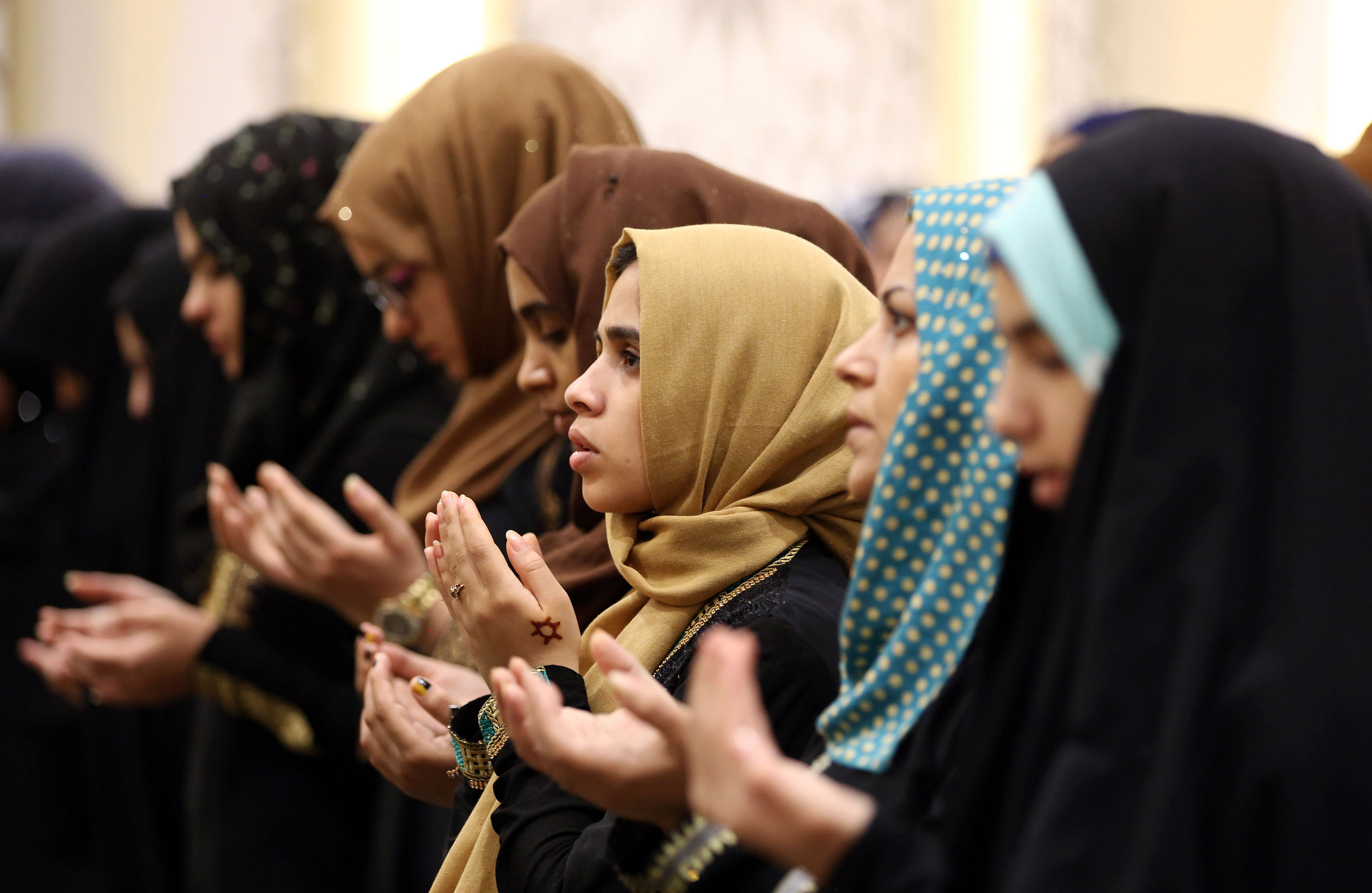Muslim Ramadan Rules - Understanding Islamic Foundations
Stepping into the heart of Islamic tradition reveals a path deeply rooted in devotion and a way of life that guides millions around the globe. This faith, known as Islam, is built upon core principles that shape how followers live, think, and connect with their spiritual journey. It is a system of beliefs and practices that, in a way, brings people together and helps them find a sense of purpose in their daily existence. We are going to explore some of these foundational elements, which give shape to what it means to be a Muslim, and perhaps, offer a glimpse into the spirit that informs significant times like Ramadan.
The very word "Islam" itself carries a profound meaning, speaking of a willing acceptance or, you know, a kind of peaceful surrender. This idea, so central to the faith, helps illuminate the basic spiritual concept that a person who follows Islam – someone called a Muslim – embraces a particular outlook on life and their relationship with the Divine. It’s about a personal dedication, a conscious choice to align one's actions with a higher purpose, which is really quite something.
Understanding these fundamental ideas is a bit like looking at the very beginning of a long and meaningful story. It helps to grasp the rich history and the broad reach of this faith community. As we explore the core beliefs and the practical aspects of living as a Muslim, we can start to appreciate the framework that supports major events and celebrations within the Islamic calendar, including the period that culminates in the end of Ramadan, a time of great importance for many.
Table of Contents
- What Does It Mean to Be a Muslim?
- How Do Muslims Practice Their Faith?
- Why Are These Pillars so Important for Muslim Ramadan Rules?
- Where Can We Find Muslim Communities Today?
- What is the Significance of Islam's Beginnings?
- How Do Celebrations Relate to Muslim Ramadan Rules?
- What Guides a Muslim's Life?
- What About Leadership and Community in Islam?
What Does It Mean to Be a Muslim?
Becoming a follower of Islam, or converting to this faith, typically involves a heartfelt declaration. This statement, known as the Shahada, is one of the five foundational pillars of Islam, and it is usually spoken openly in front of other Muslim witnesses. It is, in essence, a declaration of deep trust and a statement of conviction that expresses one's belief. This act signifies a person's acceptance of the core tenets of the faith, truly marking a new beginning on a spiritual path. It’s a very personal, yet publicly affirmed, step for someone choosing to embrace Islam.
The Arabic word "Islam," which literally means a form of "surrender," truly shines a light on the main spiritual idea behind the faith. It suggests that a person who believes, who is called a Muslim – a word that comes from the active form of "Islam" – willingly accepts a certain way of living and a particular connection to the Divine. This acceptance is not about losing oneself, but rather about finding a deeper sense of peace and purpose through devotion. It is, you know, a profound choice to align one's existence with the will of God, or Allah, as it is known in Arabic, which is pretty significant.
At the very heart of being a Muslim lies a firm belief in the absolute oneness of Allah, the one true God. This conviction, known as Tawhid, acknowledges that there is only one Creator, who possesses all perfect qualities. Muslims also hold the belief that Prophet Muhammad, peace be upon him, is the final messenger sent by Allah to guide humanity. His life and teachings offer a practical example for all followers. This belief in one God, expressed in all His attributes, is a foundational idea, really, and shapes a Muslim’s entire perspective on the universe and their place within it.
A person who believes in and consciously follows the teachings of Islam is known as a Muslim. This term, just like the word for the religion itself, comes from the same root word, highlighting the deep connection between the faith and the individual who practices it. So, the religion is called Islam, and a person who dedicates their life to its principles and beliefs is called a Muslim. It’s a clear and direct connection, you see, that ties the individual to the larger faith community and its shared principles.
How Do Muslims Practice Their Faith?
The five pillars of Islam form a very important part of a Muslim’s daily life and their overall spiritual journey. These pillars are, in essence, five key actions that a Muslim is expected to carry out so they can live a good and responsible life, one that is aligned with their beliefs. They are like foundational supports that uphold the entire structure of the faith, providing guidance and a framework for personal conduct and communal practice. Each pillar, in its own way, helps to strengthen a person’s connection to their faith and to the wider Muslim community.
Beyond the fundamental belief, the Quran stands as the holy book for Muslims. They hold the conviction that this sacred text contains the very words of Allah, as they were revealed to Prophet Muhammad. Alongside the Quran, there is also the Sunnah, which Muslims consider to be the practical example set by the Prophet himself through his actions, sayings, and approvals. Together, these two sources provide a complete guide for how Muslims are to live their lives, offering insights into everything from personal conduct to communal affairs. They are, in a sense, the twin lights that illuminate the path for believers.
Why Are These Pillars so Important for Muslim Ramadan Rules?
The foundational pillars of Islam, like the declaration of faith, daily prayers, charitable giving, fasting, and the pilgrimage, are deeply woven into the fabric of a Muslim's existence. They are not just isolated acts, but rather interconnected practices that shape a person's character and their approach to life. These pillars help to instill discipline, foster a sense of community, and strengthen one's devotion. For instance, the practice of fasting, which is a pillar, has a direct connection to the spiritual experience of Ramadan, a time when Muslims abstain from food and drink during daylight hours. This period, in a way, reinforces the lessons learned through all the pillars, bringing them to the forefront of daily life.
These core practices shape a Muslim's entire outlook, influencing how they interact with others, manage their resources, and view their place in the world. They encourage a life of mindfulness and accountability, prompting believers to constantly reflect on their actions and intentions. The spirit of these pillars, therefore, helps to prepare individuals for special periods of heightened devotion, such as the month of Ramadan. It’s about building a spiritual muscle, you could say, that makes the experience of fasting and increased worship during Ramadan more meaningful and impactful. This consistent practice of the pillars lays the groundwork for a deeper engagement with the spiritual aspects of events like Ramadan, making the experience more profound, actually.
Where Can We Find Muslim Communities Today?
In our present time, a growing number of Muslim communities, often referred to as a diaspora, have put down roots in many different parts of the world. You can find these communities thriving in places as diverse as China, Australia, various nations across Europe, in America and Canada, throughout Latin America, and in parts of Western and Central Asia. This wide spread shows how Islam has become a truly global faith, with followers living in nearly every corner of the planet. It is, in some respects, a testament to the enduring appeal and adaptability of the faith, allowing people to practice their beliefs no matter where they call home.
The presence of Muslims in so many different countries means that the faith itself is expressed in a rich variety of cultures and traditions. While the core beliefs and practices remain consistent, the local customs and ways of life often blend with Islamic practices, creating a diverse and vibrant global community. This spread has led to a fascinating exchange of ideas and experiences, showing that Islam is not confined to any single region or group of people. It’s a very broad and inclusive community, really, with a shared faith that connects people from vastly different backgrounds, which is quite remarkable.
What is the Significance of Islam's Beginnings?
To truly grasp the full reach and deep meaning of Islam, it is very helpful to understand where it all started. This involves looking at the life of Prophet Muhammad, peace be upon him, and the early growth of the Muslim community. His journey, from his birth to his prophetic mission, laid the groundwork for everything that followed. The initial expansion of the community, too, marked a pivotal moment, setting the course for Islam’s spread across different lands and cultures. It’s a bit like tracing the source of a great river; knowing its origin helps you appreciate its entire flow, and that is certainly true for Islam’s rich history.
The story of Islam's origins is not just a historical account; it provides context for the faith's core values and its ongoing influence. Learning about the challenges faced by the early Muslims and how they established their way of life offers valuable insights into the resilience and spirit of the community. It shows how a set of beliefs, rooted in the oneness of God and the guidance of a prophet, could inspire such dedication and growth. This historical foundation, you know, helps to explain the enduring strength and unity found within the global Muslim community today, which is quite fascinating.
How Do Celebrations Relate to Muslim Ramadan Rules?
Within the Islamic calendar, there are two major holidays that hold special significance for Muslims worldwide. These celebrations mark important moments and provide opportunities for communal joy and reflection. One of these holidays, Eid al-Adha, honors the Prophet Abraham's deep willingness to sacrifice his son as an act of devotion to Allah. It is a time for sharing and remembering profound faith. The other significant holiday, Eid al-Fitr, actually marks the end of Ramadan, which is the Islamic month of fasting. So, the very end of Ramadan is celebrated with a special occasion, which is a time of great happiness and togetherness for families and communities.
While the provided information does not detail specific "muslim ramadan rules" for the month itself, it does highlight that Eid al-Fitr brings the fasting period to a close. This connection shows that Ramadan is a time of spiritual discipline and devotion, culminating in a festive celebration. The larger context of Islamic practices, including the five pillars, informs the spirit and purpose of such a holy month. The practices within Ramadan, therefore, are deeply tied to the broader framework of living a Muslim life, emphasizing self-control, empathy, and a closer connection to the Divine. It’s a period of heightened spiritual focus that, you know, really brings out the core values of the faith in a very concentrated way.
What Guides a Muslim's Life?
A Muslim is someone who has chosen to direct their worship and devotion exclusively towards God, or Allah. This personal commitment is a central aspect of their faith, shaping their actions and intentions. It is a deep, personal connection, much like how in Arabic, when we say something is 'salima' to a person, it means it is completely given over or entrusted to them. This idea of 'salima' suggests a wholeness, a peace that comes from truly dedicating oneself to a higher purpose. It’s about living a life where every action, in a way, is an act of worship, reflecting a constant awareness of the Divine.
This dedication to God influences every facet of a Muslim's existence, from their daily routines to their larger life choices. It encourages a sense of responsibility, not only towards God but also towards other people and the world around them. The concept of 'salima' further implies a sense of soundness and integrity in one's character, suggesting that true peace and well-being come from this complete devotion. It means living a life that is, you know, whole and complete in its commitment, which is a pretty powerful idea for guiding one's path.
What About Leadership and Community in Islam?
Historically, there was a system of leadership within the Muslim community that was overseen by a Muslim ruler. This structure became known as a caliphate. While the nature of leadership has changed over time, the idea of a guided community, united by shared beliefs, remains very much a part of the Islamic tradition. This historical context helps us understand the development of Muslim societies and their approach to governance and collective well-being. It highlights the importance of guidance and shared purpose within the faith, which is a pretty big deal for how communities are shaped.
The concept of community is very important in Islam. Muslims are encouraged to support one another, to work together for good, and to share in both joys and challenges. This emphasis on collective well-being is seen in many aspects of Muslim life, from communal prayers to charitable endeavors. The sense of belonging to a larger body of believers provides strength and solidarity. It means that, in a way, individuals are part of something much bigger than themselves, a global family connected by faith and a shared dedication to living according to Islamic principles, which is quite a comfort for many.
This article has explored the fundamental aspects of Islam, from the core declaration of faith to the importance of its sacred texts and the global presence of its followers. We have looked at how the five pillars shape a Muslim's life and the significance of historical leadership structures. The discussion also touched upon major Islamic celebrations, including the holiday that marks the conclusion of Ramadan, connecting these events to the broader principles of the faith.
- Kate Hudson Nude Naked
- Actors From Shake It Up
- Elizabeth Trump Grau
- Aubreigh Wyatt
- Beyonce And Jay Z

In Photos: Russia's Muslims Celebrate the End of Ramadan - The Moscow Times

How is Eid al-Adha celebrated around the world? | | Al Jazeera

Here Are 10 Ways To Nurture Friendships as a Muslim - Muslim Girl